Despite not seeing any real negotiating framework develop in the four years he has been on the island, departing UN envoy Colin Stewart on Sunday said he thought the Cyrus problem could be solved.
“If the Cyprus problem is a big mountain that needs to be climbed, we are not even at the foothills; we are several miles away,” he said in an interview with Politis.
He even questioned the benefit of confidence building measures. “I don’t know what the real impact of confidence-building measures is on confidence. But what they do is keep the wheels oiled for dialogue. Without meetings you have nothing, so getting the sides involved and getting used to managing each other is part of the process,” he said.
“I believe that the Cyprus problem can be solved. The obstacle is the reluctance to compromise that stems from the indisputable narratives that exist on each side, without any break in these parallel narratives.
“I see it every day. Every time I talk to officials on one side, I hear the criticism of all the terrible things that the other side has done.”
Both sides, he said, carry a “historical weight” in any discussion of current events.
“They don’t realise how one-sided their narrative is because they don’t recognise another reality.”
This is reflected when the UNSG releases his six-monthly reports, with both sides complaining they are biased towards the other one.
“They say this because they are so convinced that they are right.”
Despite the challenges, Stewart insists that Secretary-General Antonio Guterres remains fully committed to Cyprus.
But, “if the leaders are not willing to sit down and solve the Cyprus problem, the UN has little room for action. And that’s why we’ve been here for 61 years.”
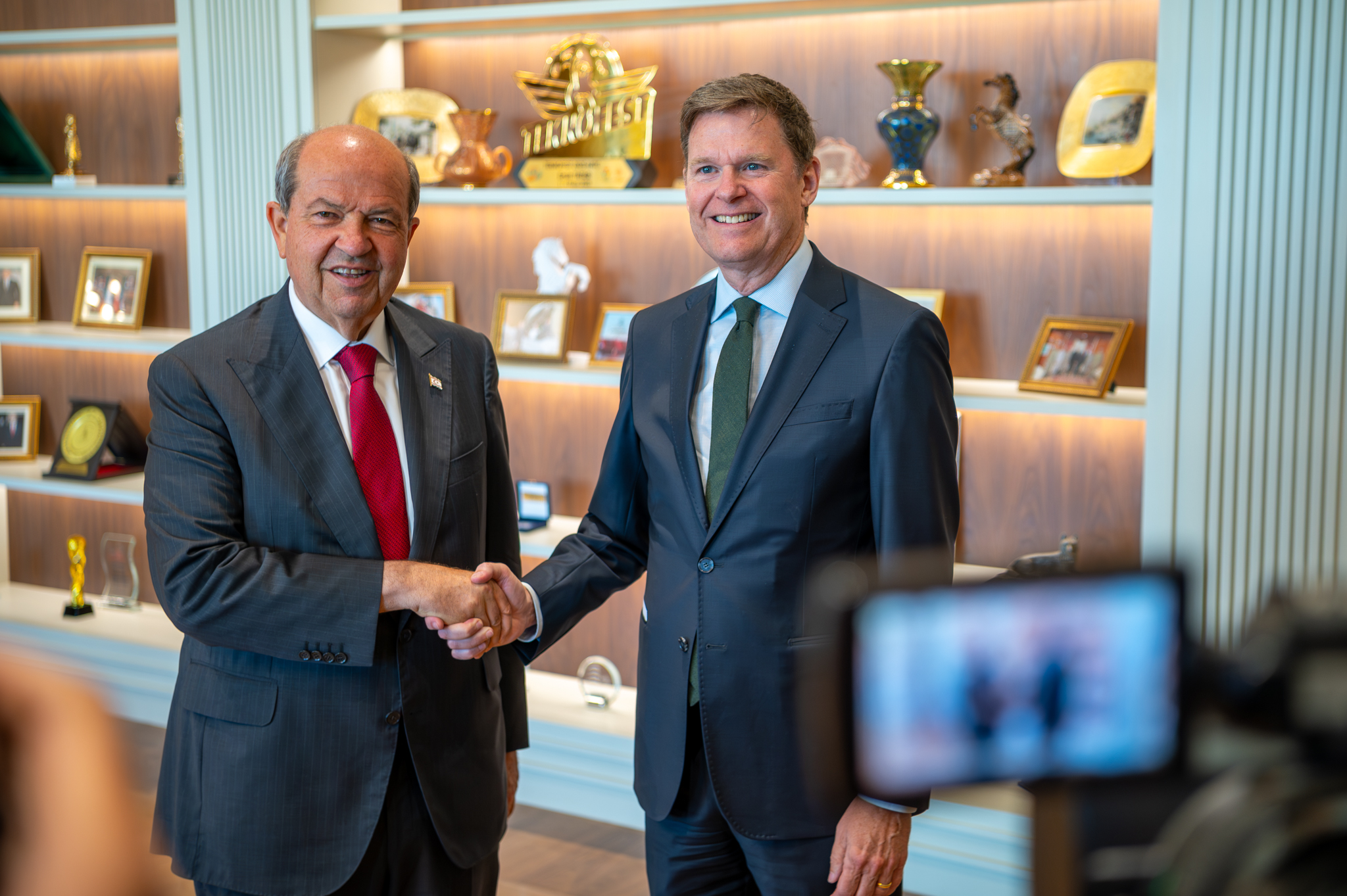
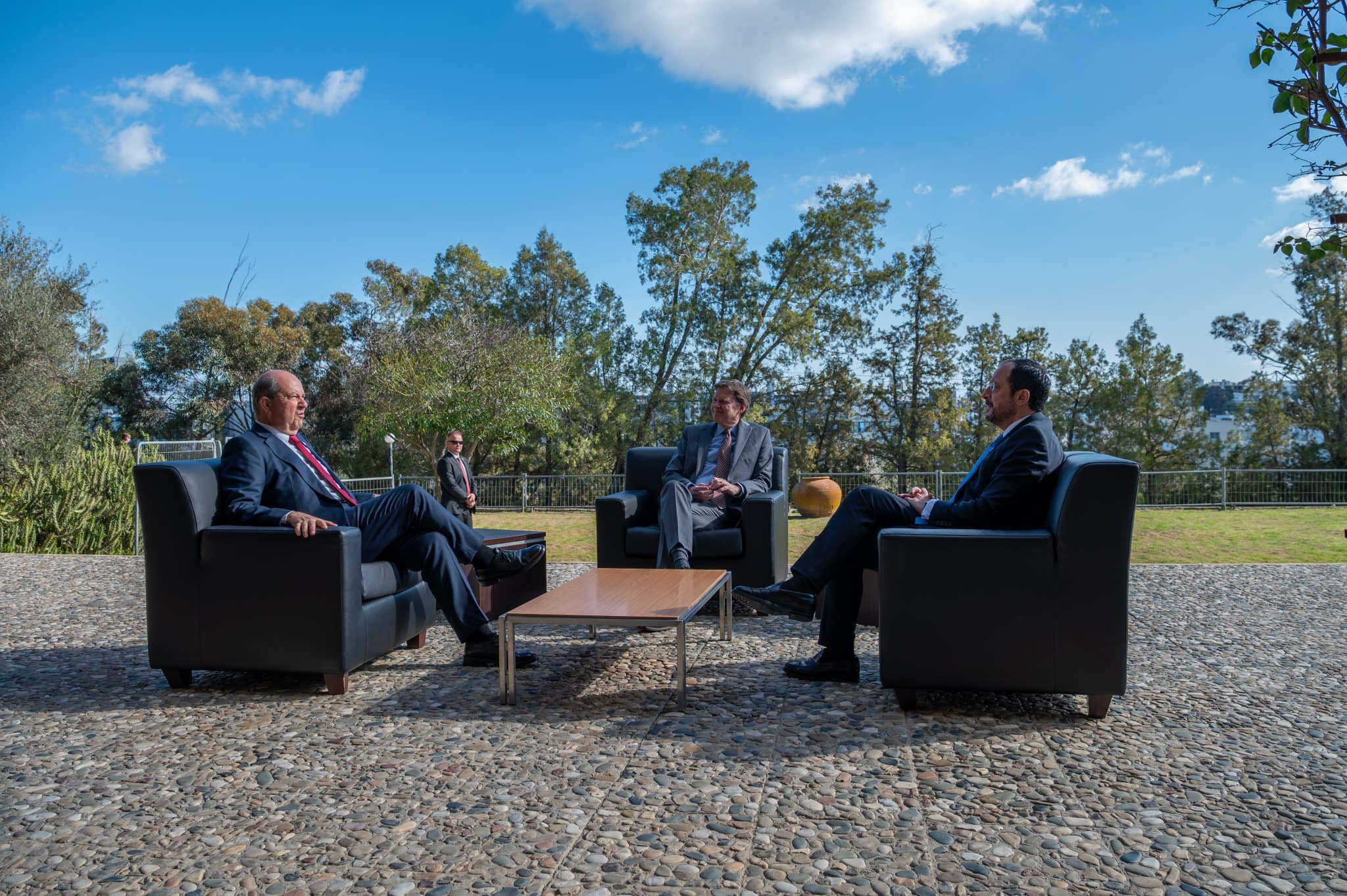
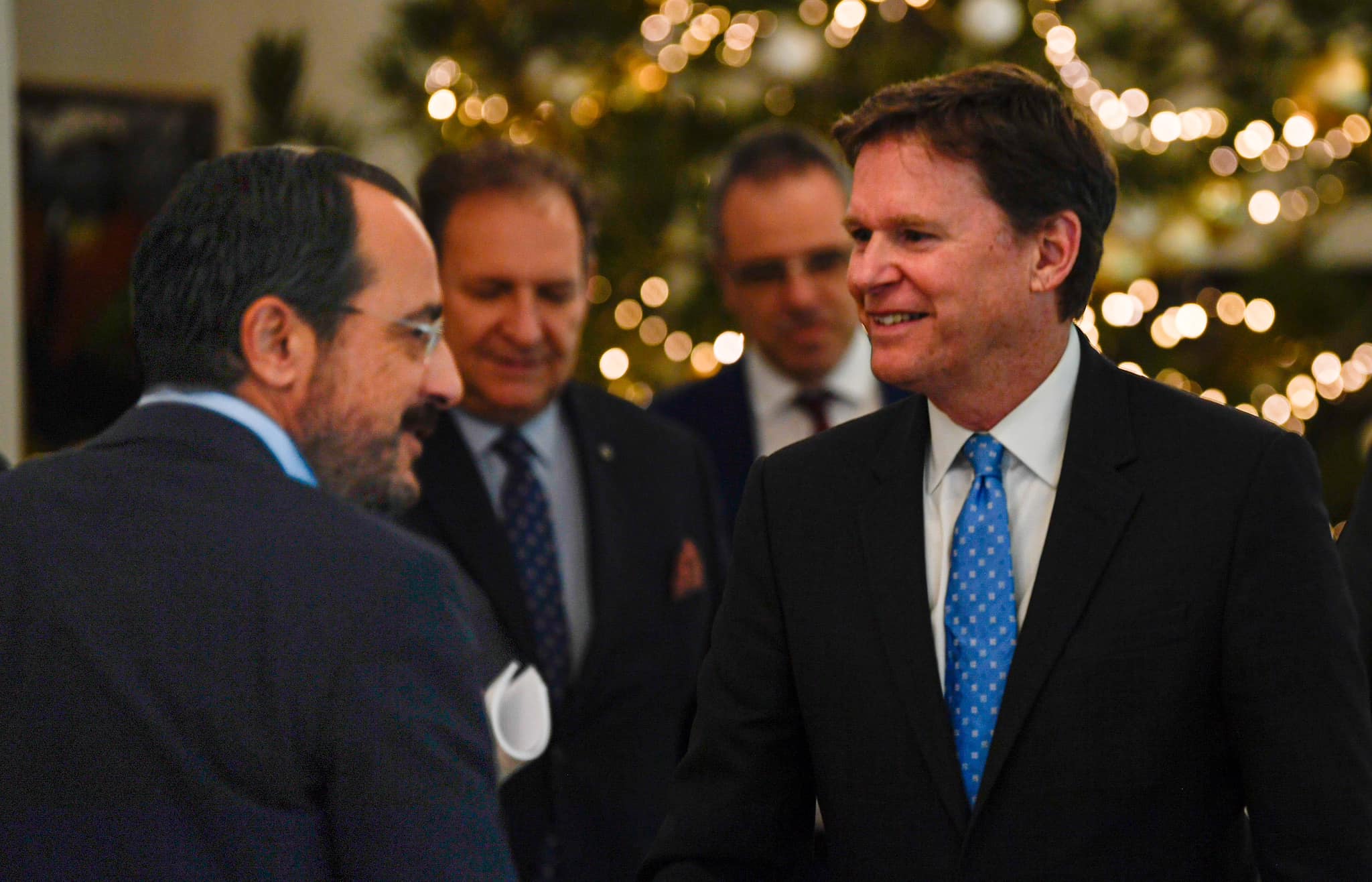
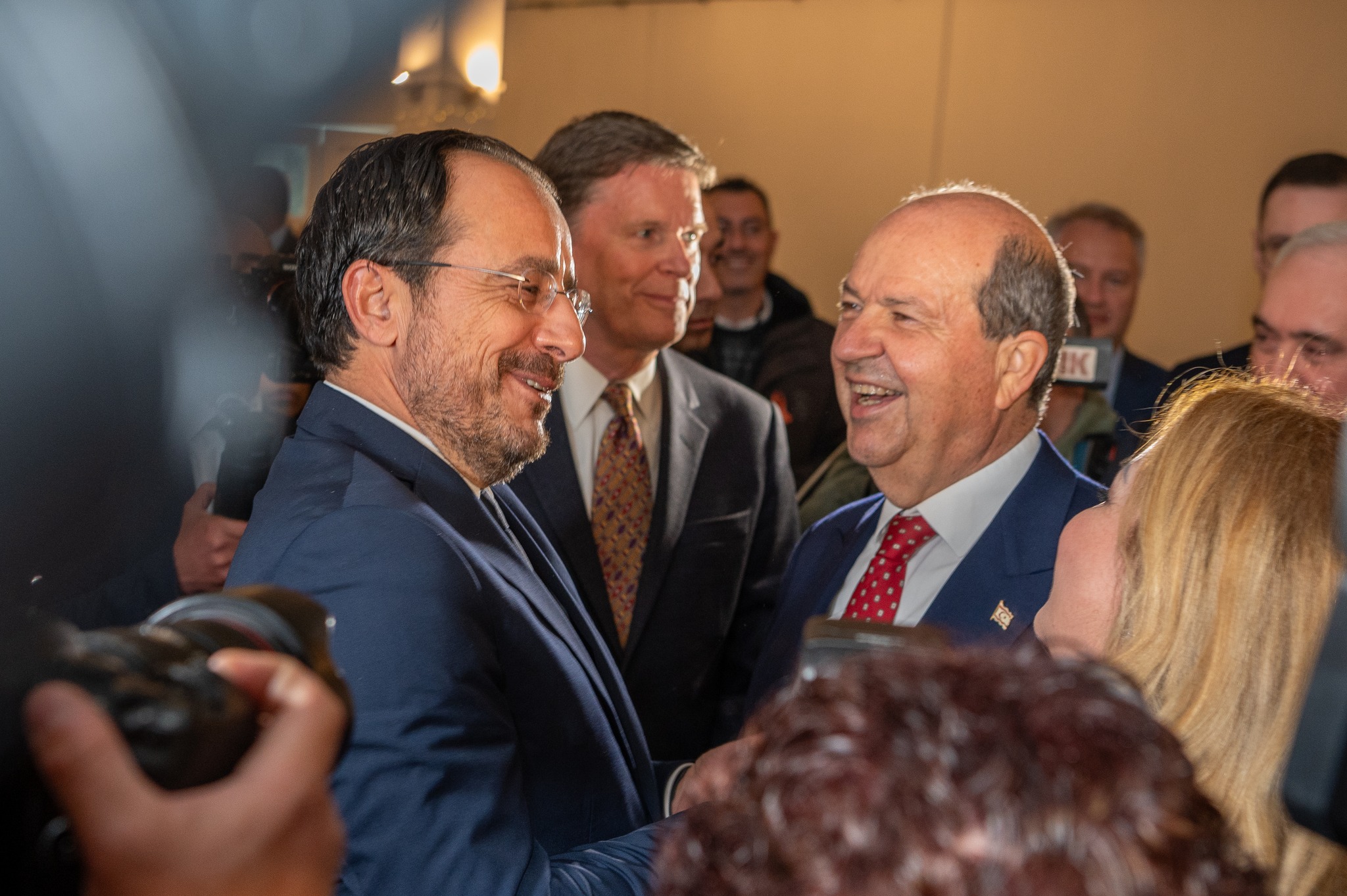
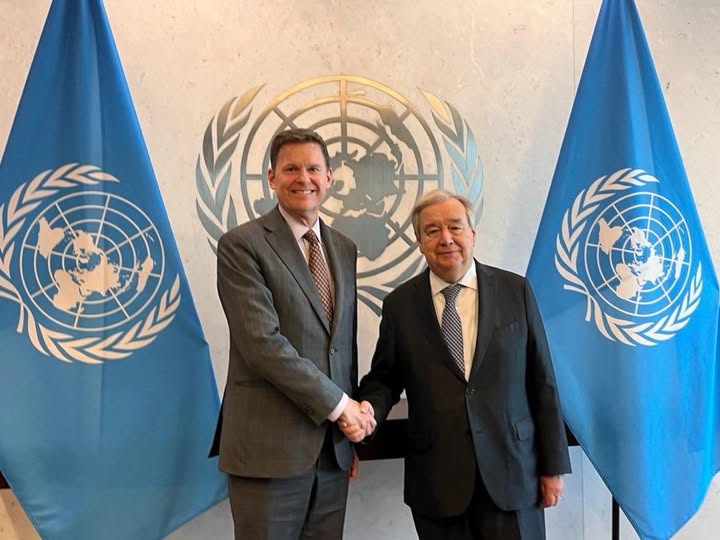
He said both sides go to negotiations to win something but are very reluctant to concede anything.
“If you don’t recognise the legitimate misery of the other side, then it’s very difficult to have a reasonable conversation.”
And the gap between the two sides, he said, is widening, few speak both languages and trade between the two sides in minimal.
Regarding the presence of the United Nations Peacekeeping Force on the island (Unficyp), of which he is chief, he countered those who say it contributes to the perpetuation of the conflict by maintaining the status quo.
“There is really no scenario where a safe UN withdrawal could be discussed,” he said. “The UN is really very busy every day with conflict prevention.” He said there are dozens of incidents every day in the buffer zone, each of which has the potential to escalate into political or military tension.
“If the UN were to leave, the suspicion is so high that either side would fear that the other would take advantage of the vacuum, move forward and occupy something in the buffer zone,” he said, which would eventually lead to direct conflict.
Stewart gave his final briefing to the UN security council in July, before his return to the island to say his farewells before retiring.
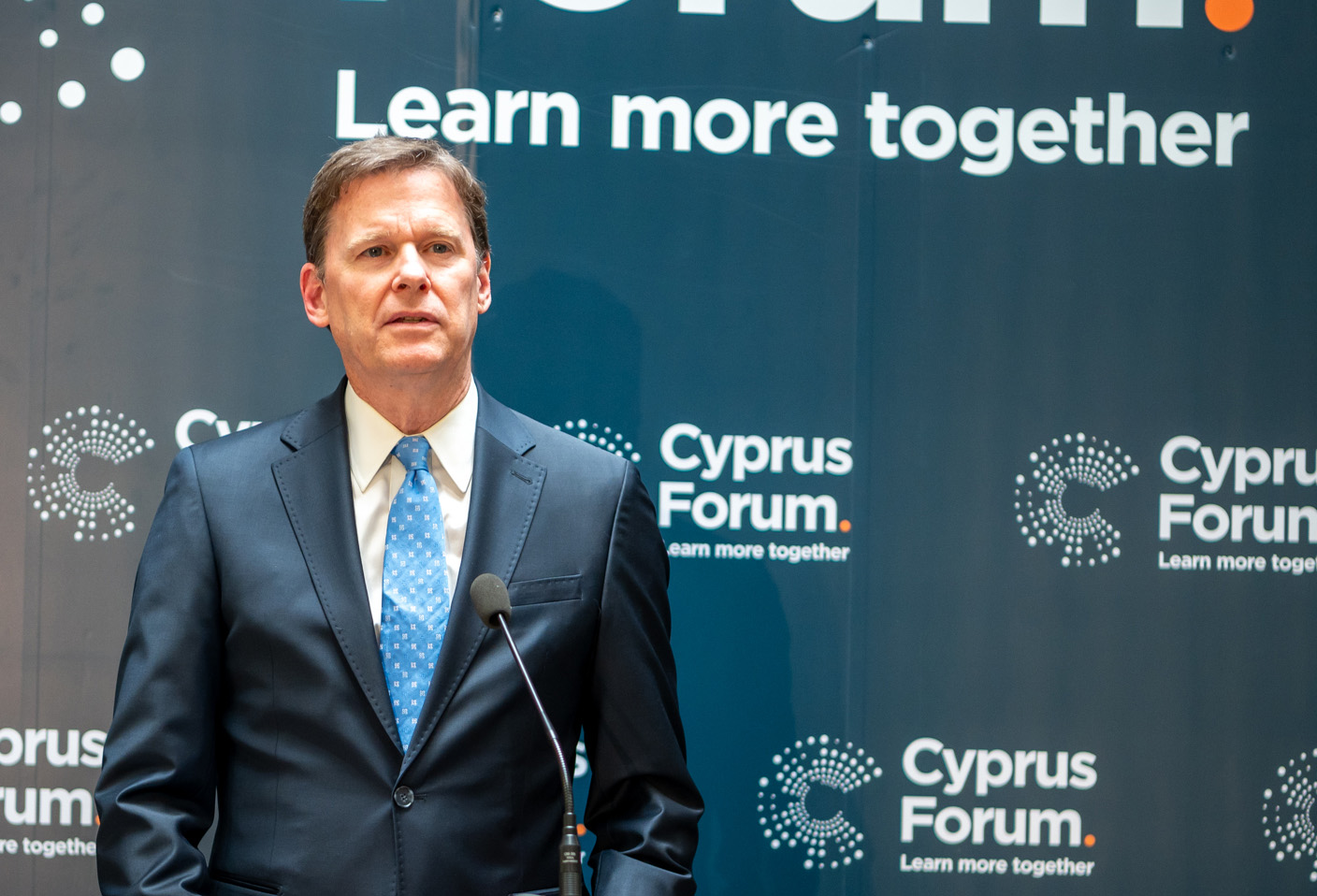





Click here to change your cookie preferences